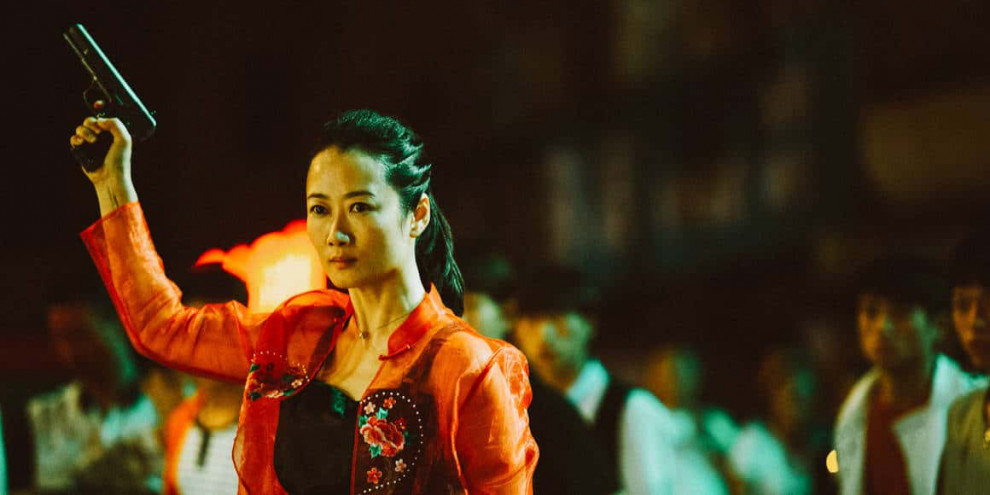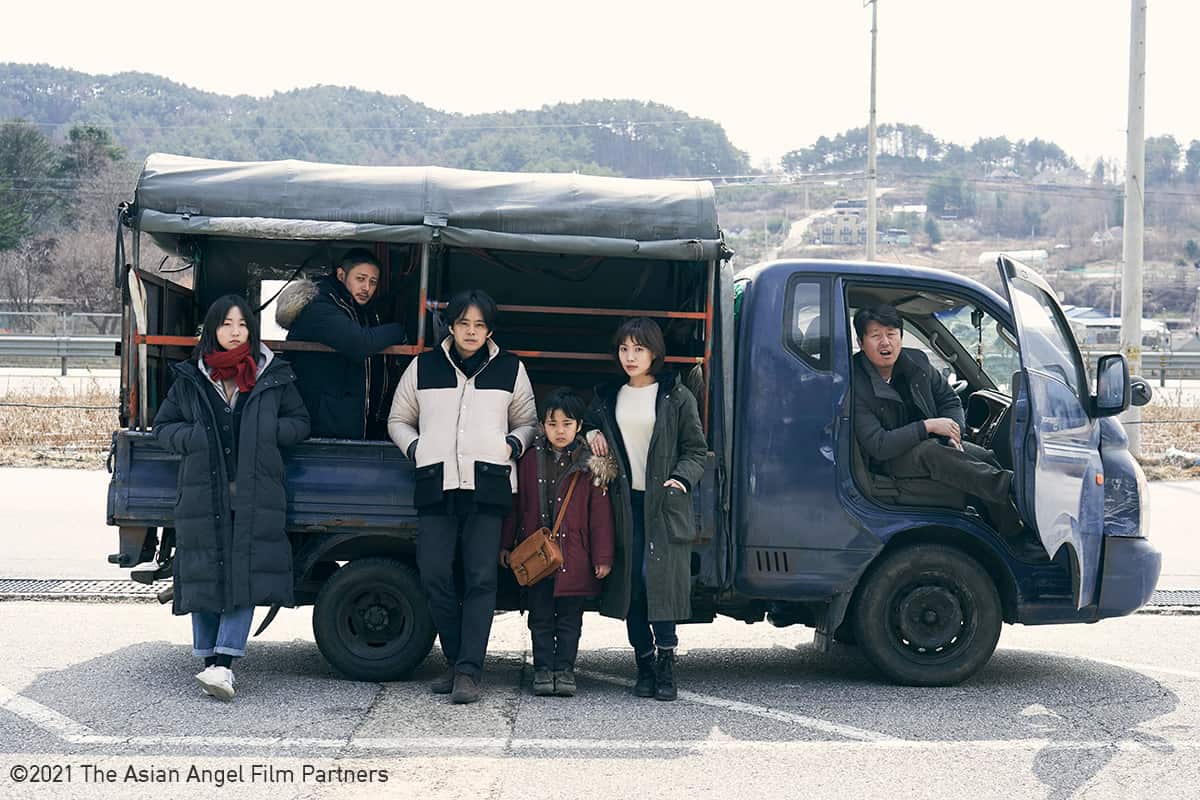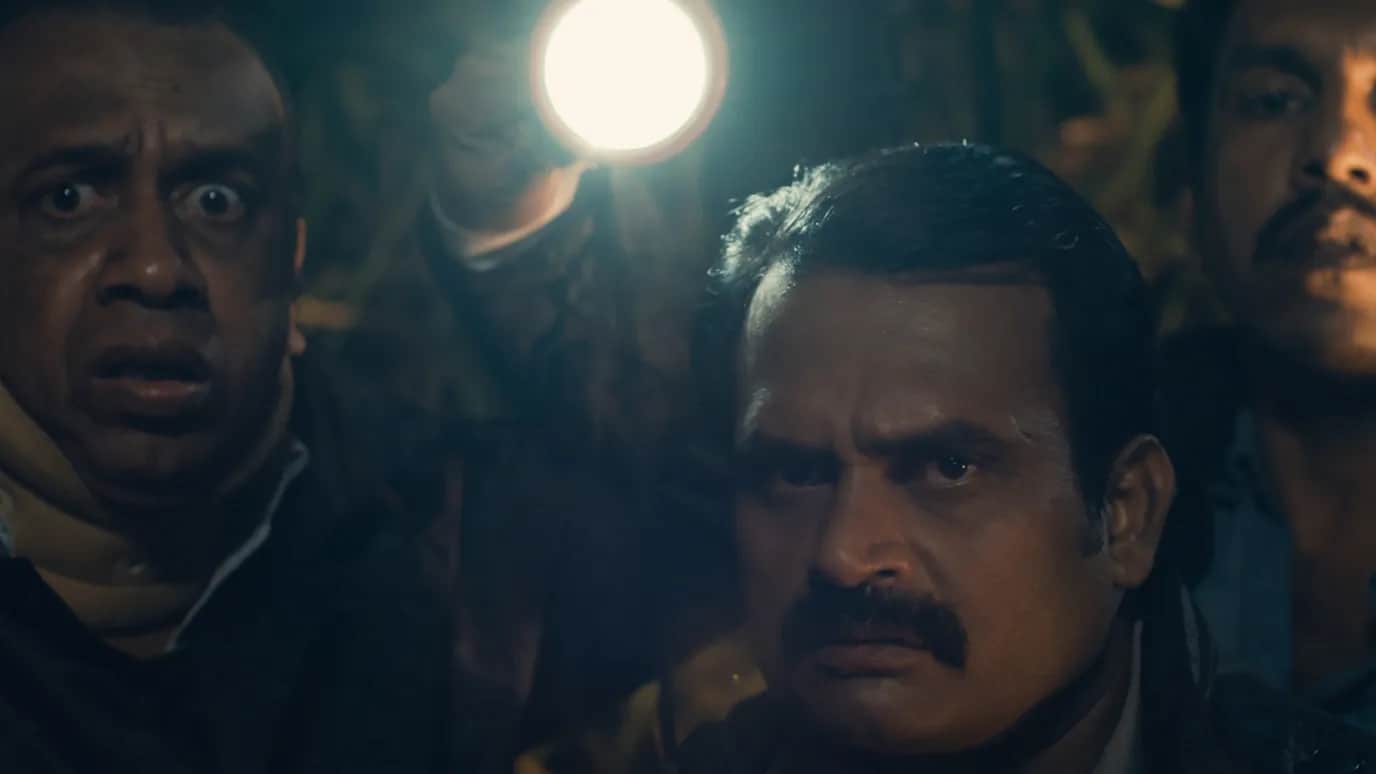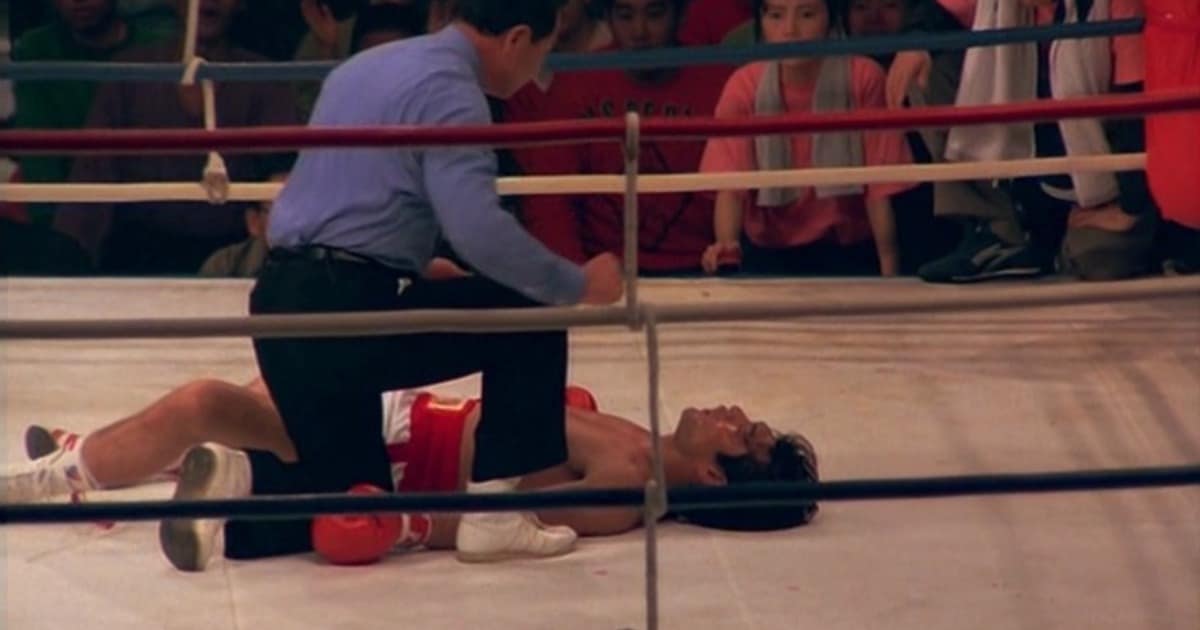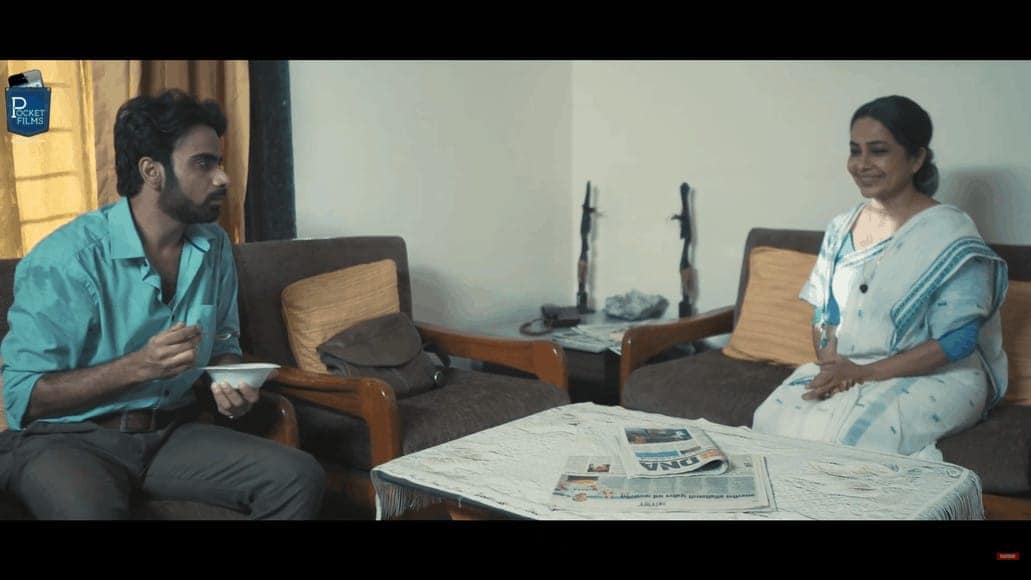Jia Zhangke embarks once again on a triptych that highlights the changes China has experienced in the 21st century, through a long drama revolving around a gangster's girlfriend and her life during three different decades.
“Ash Is Purest White” is screening at Toronto International Film Festival

The story begins in Shanxi, a dying coal town, where Qiao, a modern, feisty local beauty spends her time with her boyfriend, Guo Bin, a local gang boss and taking care of her father, who insists on fighting for the coal workers' rights, although in an embarrassing fashion. Qiao is not Bin's woman, as she carries herself as an equal among gangsters. When a group of young thugs starts making noise in the town, the clash with Bin's gang is inevitable, and in the film's most violent scene, Qiao ends up saving her boyfriend by shooting a gun, in a series of events that lead her to prison.
Five years later, and during the fourth phase in the evacuation of the Three Gorges Dam Project area, Qiao is released and tries to reconnect with Bin, who is nowhere to be found though, as he seems to have moved on with his life. After being robbed during her travel from prison, Qiao finds herself having to use all the tricks she “learnt” in order to survive, with the film taking a slightly comedic turn, at least until her confrontation with Bin.

The last part takes place, once more, in Shanxi, during present day this time, where Qiao tries to make a living by running a gambling house, while her relationship with Bin has taken a very different turn.
Much like “Mountains May Depart,” Jia Zhangke directs a movie in three parts with his muse and wife Tao Zhao as the main protagonist. This time though, the three parts are quite different in style, since the first unfolds as a genre/crime film, the second as a comedy/drama/road movie, and the last one as a genuine drama, with the pace declining with each segment, from rather fast in the first, to quite slow-burning in the last.
Through these parts, Jia Zhangke highlights the changes China have been experiencing during the last decades, as tradition has succumbed completely to technology, speed and the relentless pursue of money. The way the director presents these changes is one of the film's best assets, through a number of entertaining and meaningful episodes and “tricks.” For instance, in the second part, as Qiao is searching for an old acquaintance in a large company, she asks the woman working the front desk about the man with the college degree, only to receive a disillusioning answer: “Almost all employees have college degrees.” The chaotic changes the Three Gorge Dam brought is also another part of this tactic, as is the evolution of trains, which Jia Zhangke making a point of showing how they have changed through the years, in a number of instances. The same applies to a recurring scene where Qiao and Bin are standing on a hill alone, with the one “in-charge” changing as the story progresses.

At the same time, the director also shows that one thing that remains through the years, the effect of the western and particularly American culture had on China, with the recurring sound of “YMCA” functioning as the medium of this comment.
Above all though, this is a love story between two people, which seems to surpass time and circumstances, in an almost melodramatic fashion, with the consequences of the events in the life of the two protagonists forming one of the bases of the movie.
Eric Gautier's cinematography is one of the film's best assets, with him highlighting the differences China experienced the last decade through a combination of beauty and accuracy. His excellent work finds its apogee in the second part, which includes a plethora of different settings that present the various instances of Chinese society at the time. Matthieu Laclau (also in “Mountains May Depart”) had a difficult job of implementing the different pace of the segments and the various time leaps, but he succeeded to the fullest, in all three parts. The only “flaw” I found is that the ending is somewhat prolonged, as the film could have benefitted from some tighter editing in the last part, although Zhangke's aesthetics definitely compensate.

The acting in the film is also on a very high level. Tao Zhao as Qiao showcases the fact that her chemistry with Jia Zhangke is on a completely other level, with her being exceptional in portraying a character that changes very much through the years. Particularly the transformation from a feisty, bossy, “on top of her game” woman in the first part to a struggling, almost unable to adapt to the changes in the second one is one of the film's better assets. Liao Fan is also great as Bin, with his demise and the shift in power in his relationship with Qiao being of equal excellence as Zhao's transformations.
“Ash Is Purest White” includes almost all the traits that have made Jia Zhangke an international festival favorite, while it is one of his most accessible films, particularly due to the first part.


